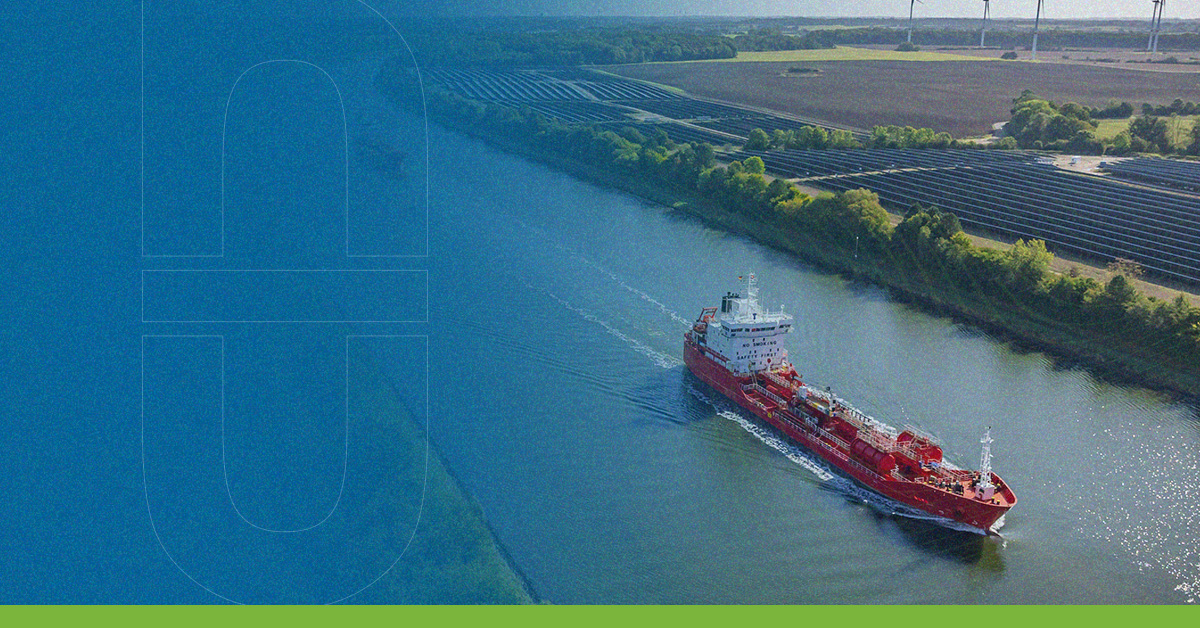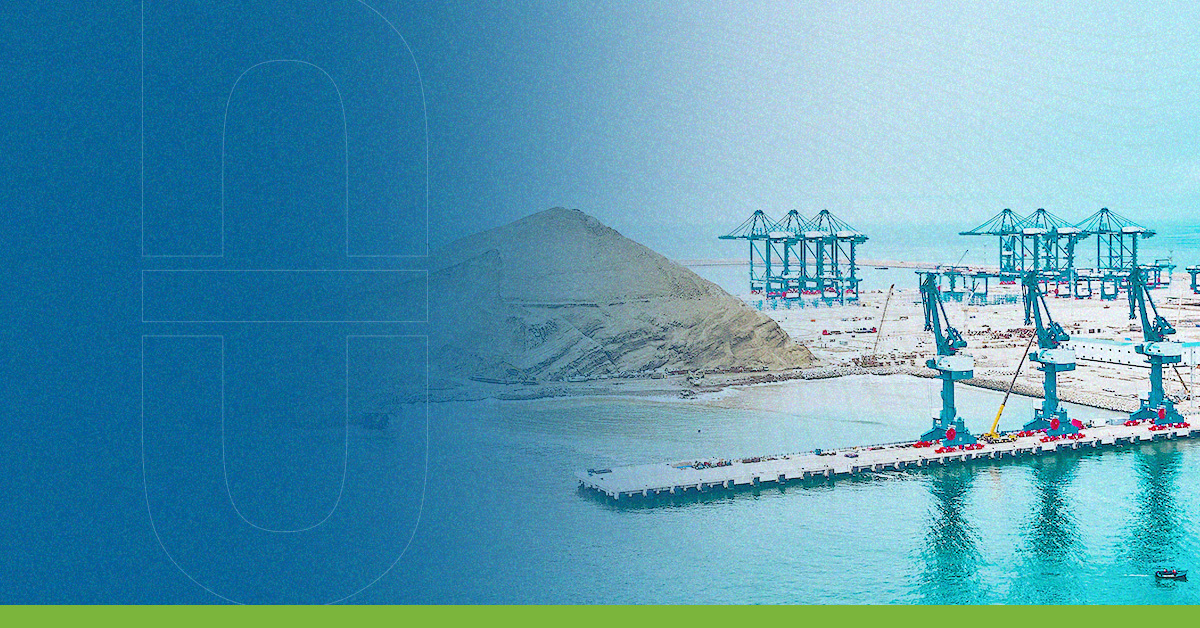Industrial decarbonization has become a key global issue, with initiatives aimed at reducing greenhouse gas emissions and promoting the use of clean energy. However, energy policies in different countries have led to varying speeds and scopes of this transition. A clear example is the stance taken by former U.S. President Donald Trump, who, under the banner of a “national energy emergency,” promoted fossil fuel use at the expense of clean energy.
Bali Express and its commitment to sustainability
Despite political changes in the U.S., companies like Bali Express have remained committed to sustainability in the freight transportation sector. Since 2024, the company has incorporated electric and compressed natural gas (CNG) vehicles as part of its decarbonization efforts. According to Juan Báez, CEO of Bali Express, this initiative aligns with both innovation and the need to reduce environmental impact.
Bali Express’ emission reduction strategies
Bali Express’ strategy includes financial incentives for acquiring sustainable vehicles, covering up to 60% of their cost. Currently, the company operates six electric trucks at the Port of Long Beach and in Tijuana, in addition to 32 CNG semi-trucks on the route between both cities. With support from the North American Development Bank (Nadbank), the company plans to expand its sustainable fleet to 31 electric and 65 CNG semi-trucks, establishing a green corridor from Tijuana to Texas.
Maritime decarbonization in Mexico
The maritime sector in Mexico has also made progress in decarbonization. A key milestone was the agreement signed in July 2023 between the Mexican Chamber of the Maritime Transport Industry (Cameintram) and the World Wildlife Fund (WWF) Mexico, which was later joined by the Institute of the Americas in February 2024.
In March 2025, these institutions expanded their commitment through an addendum that includes:
- A diagnosis of maritime transport emissions in Mexico.
- The promotion of decarbonization and maritime sustainability topics.
- The development of a strategy with concrete actions and recommendations for the sector.
Additionally, on March 27, the virtual conference “IMO Negotiations on Economic Measures for the Decarbonization of the Maritime Industry” will take place. This event will feature representatives from the Mexican Navy Secretariat, the Port Captaincies and Maritime Affairs Unit (Unicapam), and other relevant organizations. Furthermore, on June 26-27, 2025, the 2nd Binational Forum on Sustainable Maritime Transport and Ports will be held in Ensenada, Baja California.
Industrial decarbonization is a key process for mitigating the environmental impact of both land and maritime transportation. Companies like Bali Express and organizations in Mexico are implementing concrete strategies to reduce their emissions and comply with international regulations.
Although political and economic challenges may influence the pace of transition, the ongoing initiatives reflect a growing commitment to a more sustainable future.
Sources
Ramirez, D. (2025, 24 marzo). Bali Express seguirá ruta de descarbonización aun con políticas de Trump. T21. https://t21.com.mx/bali-express-seguira-ruta-de-descarbonizacion-aun-con-politicas-de-trump/
Rionda, E. D. (2025, 24 marzo). Construyen la brújula de la descarbonización marítima en México. T21. https://t21.com.mx/construyen-la-brujula-de-la-descarbonizacion-maritima-en-mexico/




